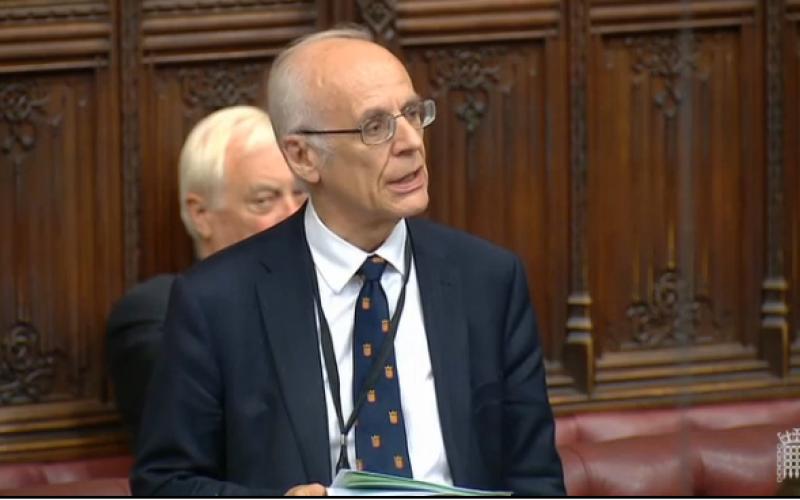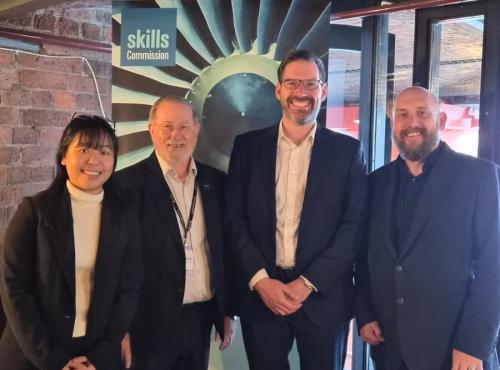HE Commission Findings Discussed in House of Lords Post-18 Review Debate
This week the Lord Norton of Louth, Chair of the HE Commission, presented our findings in two debates in the House of Lords.
In the Post 18 Review of Education and Funding debate, Lord Norton discussed the HE Commission's findings on degree apprenticeships and how they compared to the Augar's analysis. Lord Norton also welcomed the recommendations for increased FE funding and the return of maintenance grants but also warned against seeing HE in a domestic vacuum and voiced concerns on how value for money is measured in the sector. Lord Norton also presented our findings in a wider apprenticeships debate later in the week.
A transcription of Lord Norton's discussion of the HE Commission's findings in the Post-18 Review debate (obtained from Hansard) can be read below. A transcript of the entire speech in can be read on Hansard or you can view or listen to Lord Norton's speech on Parliament TV.
Lord Norton of Louth's comments on the Post-18 Review's analysis of degree apprenticeships:
Like others, I welcome the recognition given to apprenticeships. The most recent report of the Higher Education Commission was on degree apprenticeships. The focus on apprenticeships in the Augar review is very welcome, but I stress the need to go further. As has been mentioned, SMEs represent the backbone of our economy—over 99% of businesses—but big businesses, levy payers, have made four times as many degree apprenticeship starts.
I was pleased to see the report echo the Higher Education Commission’s call for a body of work which examines the challenges preventing SMEs taking up the opportunities for degree apprenticeships. While a review will provide clarity, it has been abundantly clear for some time that the current funding system, which sees HEIs procure for non-levy funding, has resulted in a patchwork quilt of provision and frozen out many SMEs. The Higher Education Commission’s report notes that 63% of degree apprenticeship standards have no, or just one, provider that can deliver to non-levy payers. This needs to be corrected quickly to enable access for SMEs across the country. It is disappointing that the report does not call for the inclusion of all HE providers to deliver to non-levy payers, moving to bring non-levy payers into the digital service, as a means of mitigating some of the challenges facing small businesses.
The report makes it clear that degree apprenticeships are some way from achieving their potential. The Government’s ambition to improve productivity and social mobility is laudable, but they must ensure that degree apprenticeships sit within a co-ordinated strategic framework of education and skills that the country so vitally requires.





